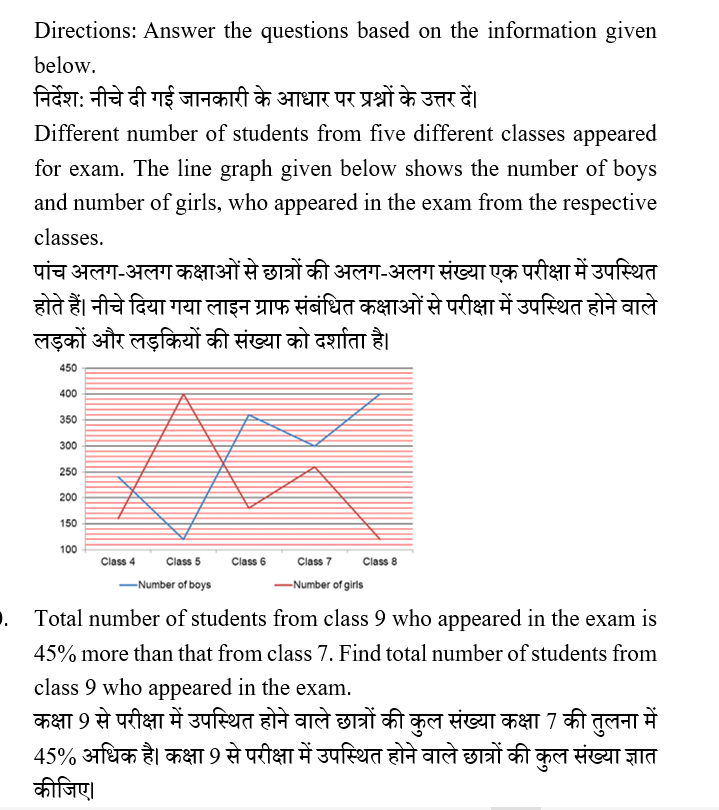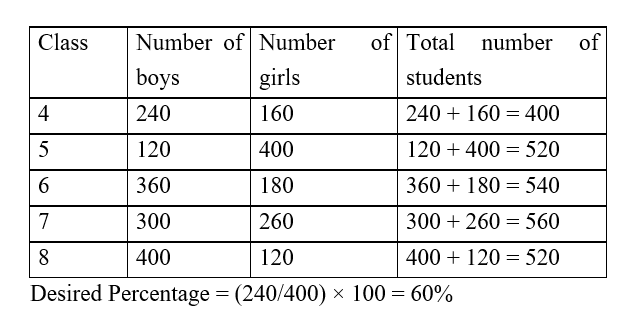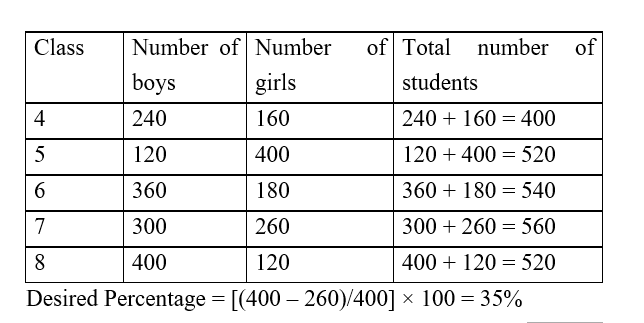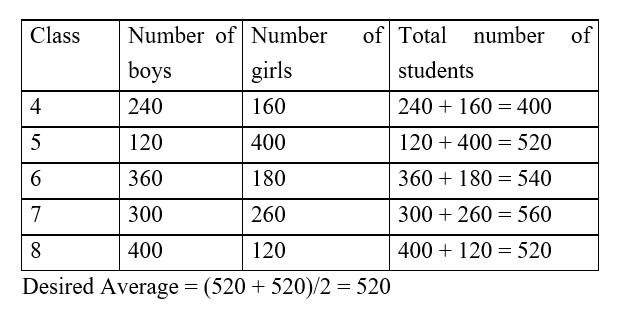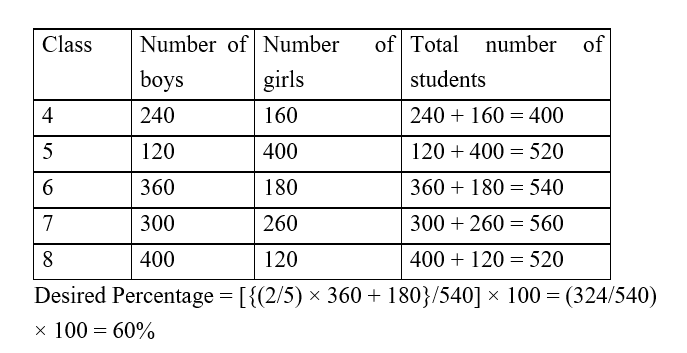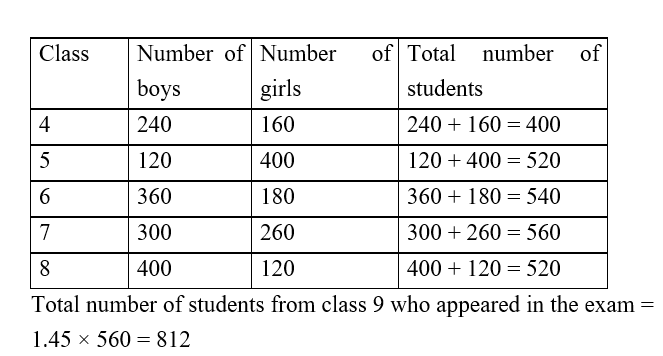Question 1:
Directions: Answer the questions based on the information given below.
निर्देश: नीचे दी गई जानकारी के आधार पर प्रश्नों के उत्तर दें।
Number of paper mills in Agra is 20% more than that in Kota but 300 less than that in Jaipur. Number of paper mills in Patna is 300 more than that in Jaipur. Ratio of paper and textile mills in Patna is 5:2, respectively. Number of textile mills in Jaipur is 200 more than that in Patna and 80% of that in Agra. Number of textile mills in Kota is 25% less than that in Agra. Number of mills (paper + textile) in Kota is 1500.
आगरा में पेपर मीलों की संख्या कोटा की तुलना में 20% अधिक है लेकिन जयपुर की तुलना में 300 कम है। पटना में पेपर मीलों की संख्या जयपुर की तुलना में 300 अधिक है। पटना में पेपर और टेक्सटाइल मीलों का अनुपात क्रमशः 5:2 है। जयपुर में टेक्सटाइल मीलों की संख्या पटना की तुलना में 200 अधिक है और आगरा में टेक्सटाइल मीलों की संख्या का 80% है। कोटा में टेक्सटाइल मीलों की संख्या आगरा की तुलना में 25% कम है। कोटा में मीलों (पेपर + टेक्सटाइल) की संख्या 1500 है।
Each paper mill in Patna produced 200 rolls of paper each day. 40% of rolls of papers produced in 5 days got sold for ₹80/roll. Find the amount earned by selling 40% of paper rolls produced by paper mill in Patna in these 5 days.
पटना की प्रत्येक पेपर मील प्रतिदिन पेपर के 200 रोल्स उत्पादित करती थी। 5 दिनों में उत्पादित पेपर रोल्स के 40% को ₹80/रोल में बेचा जाता हैं। इन 5 दिनों में पटना में पेपर मील द्वारा उत्पादित पेपर रोल्स में से 40% को बेचकर अर्जित राशि ज्ञात कीजिए।
Question 2:
Directions: Answer the questions based on the information given below.
निर्देश: नीचे दी गई जानकारी के आधार पर प्रश्नों के उत्तर दें।
Number of paper mills in Agra is 20% more than that in Kota but 300 less than that in Jaipur. Number of paper mills in Patna is 300 more than that in Jaipur. Ratio of paper and textile mills in Patna is 5:2, respectively. Number of textile mills in Jaipur is 200 more than that in Patna and 80% of that in Agra. Number of textile mills in Kota is 25% less than that in Agra. Number of mills (paper + textile) in Kota is 1500.
आगरा में पेपर मीलों की संख्या कोटा की तुलना में 20% अधिक है लेकिन जयपुर की तुलना में 300 कम है। पटना में पेपर मीलों की संख्या जयपुर की तुलना में 300 अधिक है। पटना में पेपर और टेक्सटाइल मीलों का अनुपात क्रमशः 5:2 है। जयपुर में टेक्सटाइल मीलों की संख्या पटना की तुलना में 200 अधिक है और आगरा में टेक्सटाइल मीलों की संख्या का 80% है। कोटा में टेक्सटाइल मीलों की संख्या आगरा की तुलना में 25% कम है। कोटा में मीलों (पेपर + टेक्सटाइल) की संख्या 1500 है।
If the number of paper mills in Kanpur is 300 more than that in Agra, then find the difference between number of paper mills in Kanpur and total mills (paper + textile) in Jaipur.
यदि कानपुर में पेपर मीलों की संख्या आगा की तुलना में 300 अधिक है, तो कानपुर में पेपर मीलों की संख्या और जयपुर में कुल मीलों (पेपर + टेक्सटाइल) के बीच का अंतर ज्ञात कीजिए।
Question 3: 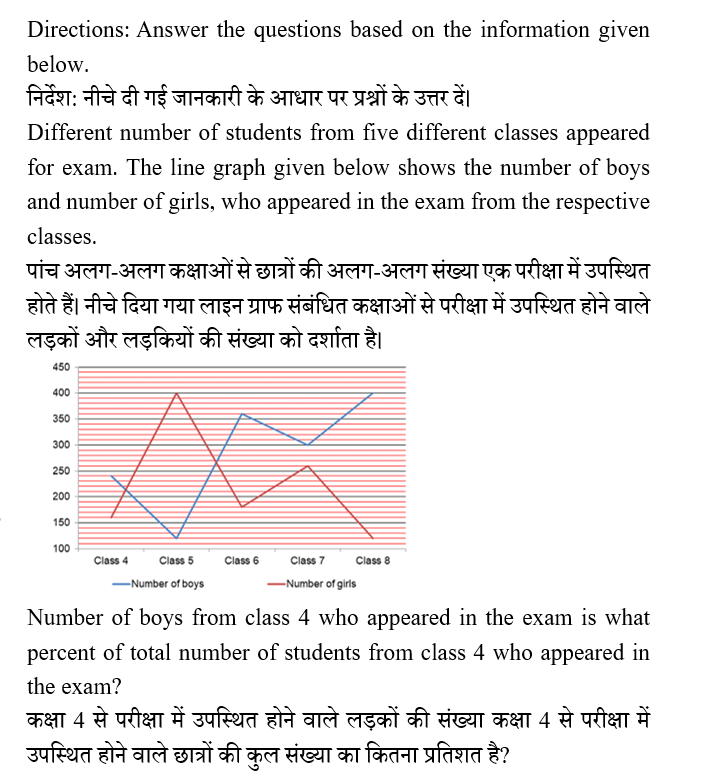
Question 4: 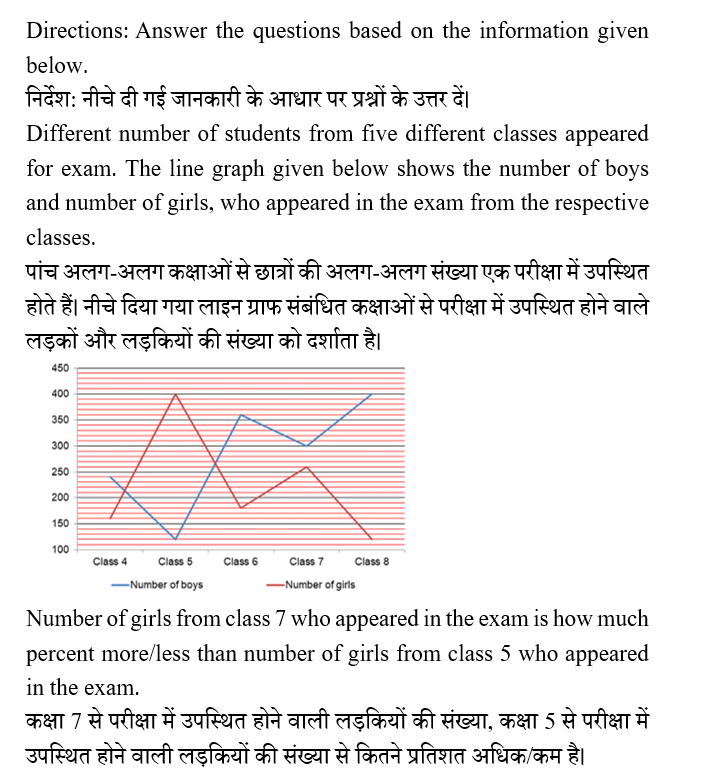
Question 5: 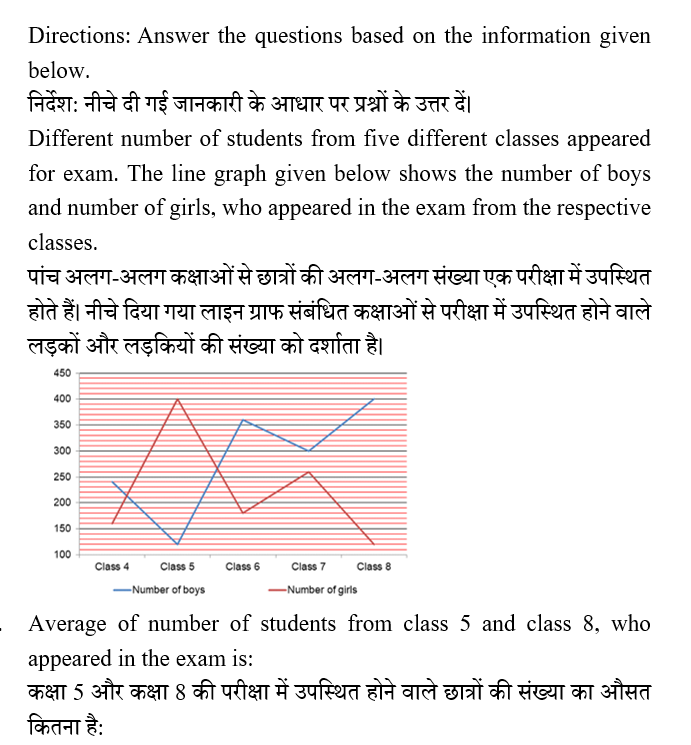
Question 6: 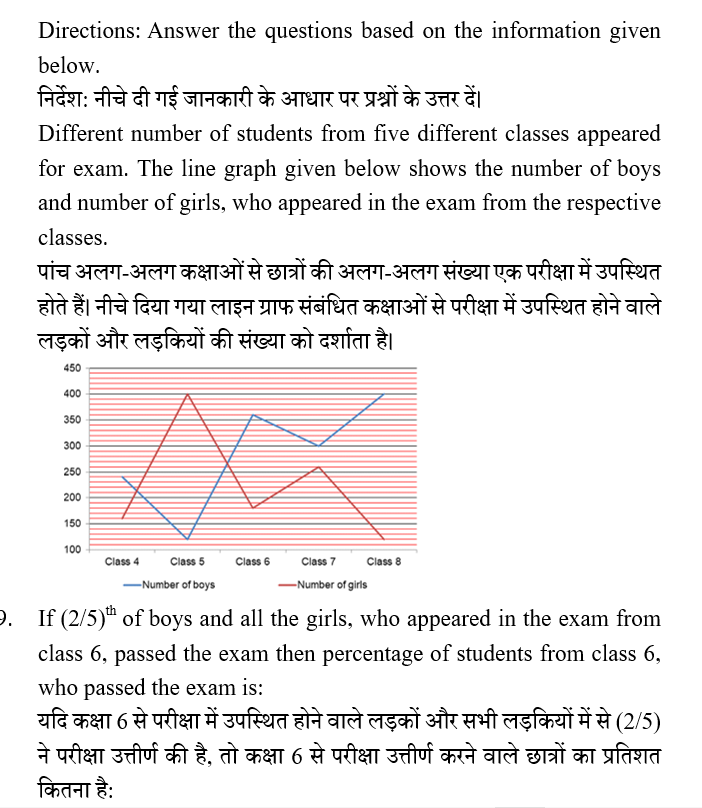
Question 7: 